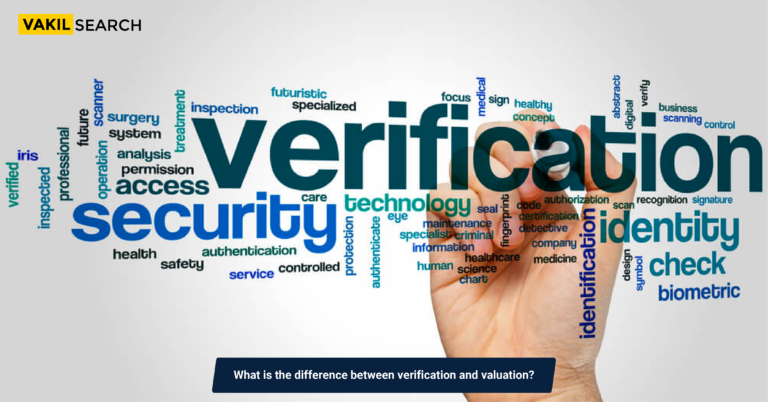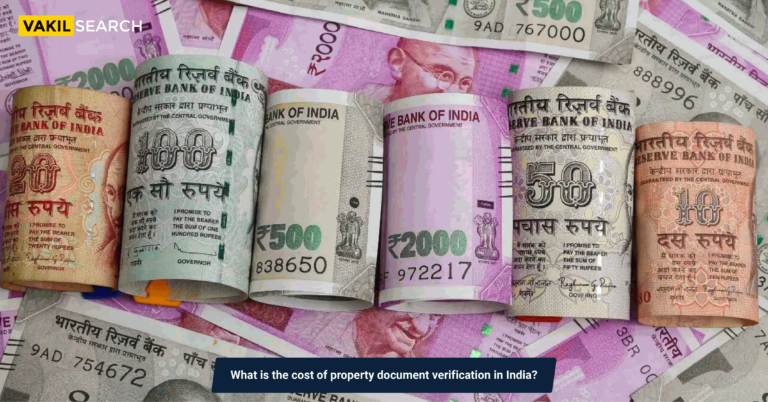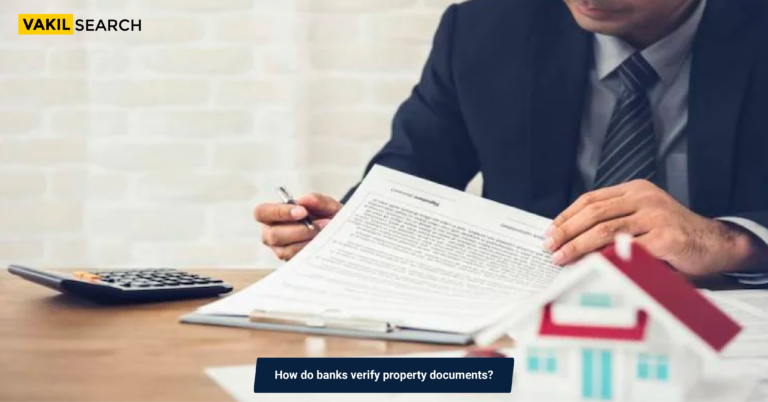It is preferable to be meticulous in the process if you intend to invest your entire life savings in purchasing real estate. For the purpose of making an informed purchase decision, a checklist of the documents required for commercial property purchases can be useful. If you carefully read each point, your curiosity will soon turn into knowledge.
Advantages of Owning a Commercial Property
-
Low Prices Forever
The cost of commercial real estate for dental practices is significantly lower now than it was before the recession. It may ultimately be less expensive to purchase and furnish commercial real estate in some locations than to build out and rent a leased space.
Even though it is unlikely that property values will increase at the rapid rates seen from 1998 to 2005, it is a sure bet that at today’s lower prices, both residential and commercial real estate values will eventually rise. The full benefit of that appreciation will go to the property owner.
-
Equity Appreciation
Your commercial real estate gains value as you accumulate equity in it, making it a more valuable asset you can use to expand your business without jeopardizing your practice. You now have more freedom to control the expansion of your business. Additionally, it provides you with more options for when you decide to retire. When it comes time to retire, the owner of the commercial property has two options: sell the practice and the underlying Patta Chitta outright or sell just the practice and lease the commercial property, which generates ongoing income.
-
Tax Benefits
When you own your practice, you can depreciate your asset and write off all of the interest on your mortgage that was paid that year. Additionally, you can benefit from a number of BBMP Property Tax deductions created specifically for businesses and from Property Consultancy Services online.
-
Beneficial Financing Rates
The mortgage interest rate is the main expense associated with purchasing real estate. Rates for purchasing commercial real estate are currently at an all-time low, saving you a lot of money as you pay off your commercial mortgage. It’s important to keep a spotless financial record and be ready with a thorough business plan that demonstrates your practice’s viability because getting financing can still be difficult. Consider working with a lender who understands your specific requirements and specializes in financing dental practices.
-
Opportunities for Cash Flow
You may have opportunities for additional cash flow through rental income if you purchase commercial property with rental space. You can use rental income to offset the cost of your investment by using it to pay down the mortgage on the property.
It’s crucial to keep in mind that having tenants entails property management duties that may interfere with your ability to focus on your primary business of treating patients. You Can get the Commercial Property Registration and all the valid details by our online guide.
purchase a house is a lifelong investment as well as a dream. It really doesn’t take much, though, for it to become a nightmare. To start, you should determine whether the property is residential or commercial. If it is a commercial property, it must have all necessary statutory authority approvals, and the land or plot must be in an area designated for commercial use.
If not, that land must be converted to commercial use. Verify the originality of the allocation letter. Check for property liens, easements, covenants, conditions, restrictions (CC&Rs), agreements, resolutions, and ordinances that may affect the subject property by having the title to the plot verified by a lawyer.
Documents Required for Purchase of Commercial Property
Find the list of documents required for purchase commercial property,
1. Sale Deed:
A Sale Deed is the core legal document that acts as proof of sale and transfer of ownership of the property from the seller to the purchaser.
A Sale Deed Registration has to be done mandatorily. It is important that before the Sale Deed is executed one should execute the sale agreement and should check for compliance with various terms and conditions as agreed upon between the purchaser and the seller. Before executing the Sale Deed, the purchaser should check whether the property has a clear title. He/she should also confirm if the property is subject to any encumbrance charges.
* A seller should settle all the statutory payments such as property tax, cess, water charges, society charges, electricity charges, maintenance charges, etc., (subject to the agreement) before executing the Sale Deed.
2. Mother Deed:
Mother Deed, also known as the parent document, is an important legal document that traces the origin/antecedent ownership of the property from the start (if the property has had various owners). It is a document that helps in the further sale of the property, thereby establishing the new ownership. In case of absence of the original Mother Deed, certified copies should be obtained from the registering authorities.
Mother Deed includes the change in ownership of the property, be it through sale, partition, gift or inheritance. It is very important that the Mother Deed records the references to previous ownership in a sequence and should be continuous and unbroken. In case of a missing sequence, one should refer to the records from the registering offices, revenue records or the recitals (preamble) in other documents. The sequence should be updated until the current owner.
3. Building Approval Plan:
A building plan is sanctioned by respective Corporation or Municipal Authority. A building owner has to get an approved plan from the jurisdictional Commissioner or an officer authorized by such Commissioner. However, the authorities sanction a building approval plan based on the zonal classification, road width, floor area ratio (FAR) and plot depth. A set of documents are required to be submitted by the owner in order to obtain a building approval plan.
The documents include- Title Deed, property assessment extract, property PID number, city survey sketch (from the Department of Survey and Settlement and Land Records), up-to-date tax paid receipt, earlier sanctioned plans (if any), property drawings, copies of demand drafts, foundation certificate (if any) and a land use certificate issued by the competent authority (viz., Dy. Commissioner). It is mandatory that the building owner hires a registered architect who will draw a plan meeting the applicable bye laws. One can get a building approval plan within 4-5 working days if all the requirements are met.
4. Khata Certificate and Khata Extract:
Khata is derived from the word ‘account’. It is an account of a person owning a property. It typically consists of (a) Khata Certificate and (b) Khata Extract. A Khata Certificate is mandatorily required for the registration of a new property and the transfer of a property. Khata Extract is nothing but obtaining the property details from the assessment registrar. It is needed while property purchases and acquiring trade licenses.
The Khata is widely referred to as A Khata and B Khata (Revenue records extract). ‘A’ Khata has properties listed under the jurisdiction of Corporation or Municipality with legal property construction and ‘B’ Khata has properties under local jurisdiction with violated property constructions. One should avoid purchasing a B Khata property as it will be deemed as illegal construction. Nevertheless, B Khata may be converted to A Khata under certain schemes by paying a penalty to the Government.
5. Encumbrance Certificate (EC):
Encumbrance means charges in the ownership or liabilities created on a property that is held against a home loan as security. An EC consists of all the registered transactions done on the property during the period for which the EC is sought. It is a certificate sought for a particular period evidencing the property purchase/sale, the presence of any transaction or mortgage. One should submit a copy of the Sale Deed to obtain an EC. The time taken to obtain an EC will be between 3-7 working days or more depending on the period sought.
6. Betterment Charges Receipt:
Betterment charges are also known as improvement fees/development charges that are to be paid to the Municipality or Corporation Authority before a Khata can be issued. The developers are entitled to pay a fixed amount as betterment charges to the municipal body. A receipt of the same should be obtained at the time of property purchase.
7. Power of Attorney (POA):
A POA is a legal procedure used to give authority to another person by the property owner on his/her behalf. One can either give a Special Power of Attorney (SPA) or a General Power of Attorney (GPA) to transfer one’s rights over one’s property.
8. Latest Tax Paid Receipt:
Receipts for property tax bills ensure that taxes for the property are paid up-to-date to the government/municipality. It is therefore important for the purchaser to make inquiries with the government/municipal authorities to ensure that all the dues are cleared by the seller. The purchaser should ask the seller for the latest original tax paid receipts and bills and check the details of the owner’s name, the taxpayer’s name, and the date of payment on the receipt. If the owner does not have the tax receipt, the purchaser can contact the municipal body along with the survey number of the property to confirm the ownership of the land. Nevertheless, the purchase purchaser should also ensure that other bills such as the water bill, electricity bill, etc. are paid up-to-date.
9. Stamp Duty:
Stamp Duty is a tax, similar to sales tax and income tax collected by the government, and must be paid in full and on time. A stamp duty paid instrument/document is considered a proper and legal instrument/document. The liability of paying stamp duty is that of the purchaseer unless there is an agreement to the contrary.
10. Market Value of the Property and Is Stamp Duty Payable
Market value means the price at which property could be bought in the open market on the date of execution of such an instrument. The Stamp Duty is payable on the agreement value of the property or the market value: whichever is higher
Conclusion:
These are the list of documents required for purchasing commercial property Verification online. Hope the article is useful. Ask a lot of queries to get a clear picture and help you decide what to purchase. Do not be reluctant to consult a reputable real estate attorney if you find it to be complex. Before entering into any hasty negotiations, think about the legal advice with the experts of Vakilsearch, which is India’s number one legal service provider.
Read More :










